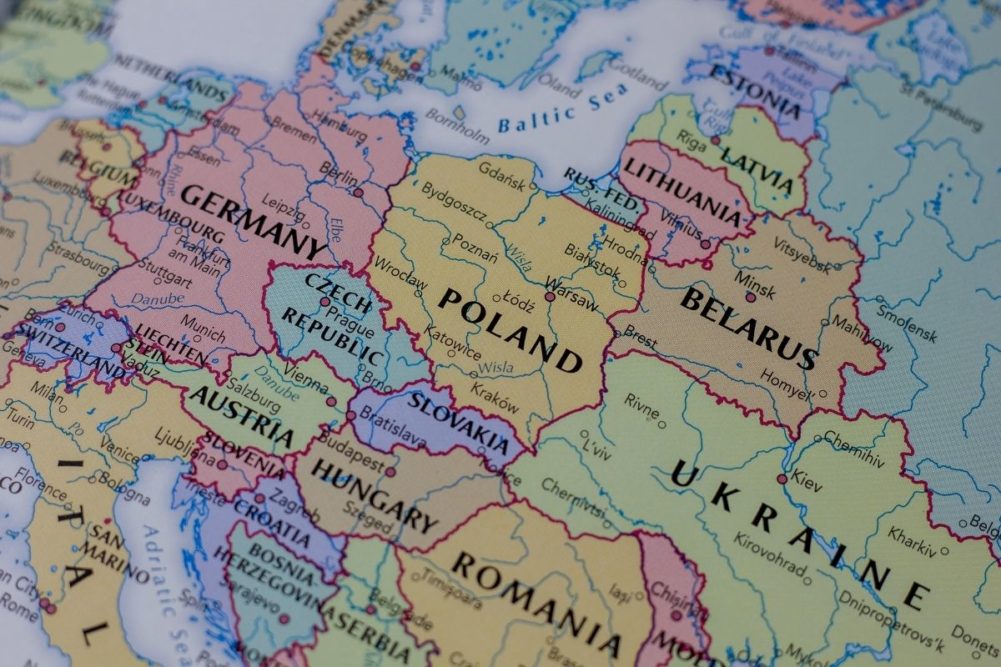BRUSSELS, BELGIUM — The European Commission (EC) has banned the import of Ukrainian wheat, maize, rapeseed and sunflower to Bulgaria, Hungary, Poland, Romania and Slovakia, citing “exceptional circumstances of serious logistical bottlenecks” in the five countries. The ban went into effect on May 2 and will last until June 5, the EC said.
According to the EC, wheat, maize, rapeseed and sunflower seed originating in Ukraine will still be able to move freely in all other EU member states and the products can continue to circulate in or transit via Bulgaria, Hungary, Poland, Romania and Slovakia by means of a common customs transit procedure or go to a country or territory outside the EU.
As part of the agreement, Bulgaria, Hungary, Poland and Slovakia have committed to lift their unilateral measures on wheat, maize, rapeseed and sunflower seed and any other products coming from Ukraine.
The EC said the measures are part of the overall support package that it is putting forward and will be complemented with a financial support for farmers in the five member states. The measures also will facilitate the transit of Ukrainian grain exports via solidarity lanes to other member states and third countries.
“Since the start of Russia’s unprovoked and unjustified war of aggression, the EU has taken strong and consistent action to support Ukraine’s capability to export capacity, including grains, which are critical to help feed the world and keep food prices down,” said Valdis Dombrovskis, executive vice president and EC commissioner for trade. “Today’s measures are part of a package that uphold our strong commitment to Ukraine, while addressing logistical and trade concerns in neighboring EU member states. With this package, I am glad to say that we continue to pursue a unified EU approach, rather than unilateral measures which put at risk the normal functioning of our single market.”






